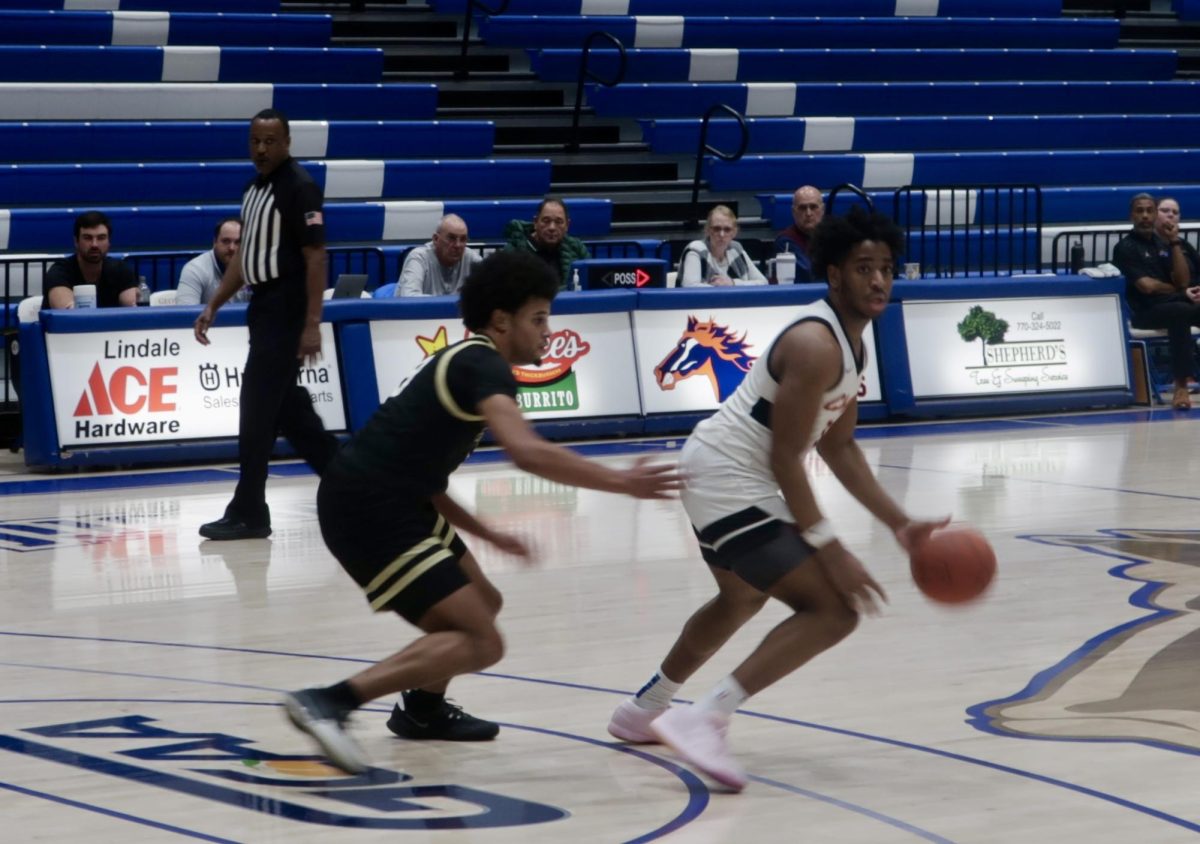Entertainment industry workers demand fair pay
Pay concerns plague the creative industry due to the already present unequal pay-to-work ratio and recent inflation.
November 7, 2022
The concern over fair pay and the rights of artists and actors has reemerged over the past two months as creatives have utilized social media as a call to action. Fan and company responses to these public outcries have been a mix of support and dismissal.
“Creative-field compensation is sometimes at a disadvantage,” GHC Associate Professor of Art, Russell Cook, said. “I think because music and art are not always seen as valuable except in an entertainment sense.”
That disadvantage presents itself in the inconsistency in pay among entertainment workers.
“For fair compensation, you’d want the worker to be able to make a decent living, support a family, have pride in their work etc.,” Cook said.
Many of these factors underline creatives’ concerns with their working conditions. Creators of the WEBTOON LoveBot, Chase Keels and Miranda Mundt, shared an open letter on Sep. 8, detailing the issues they experienced working as artists and writers for the WEBTOON company.
The letter describes issues the creators have experienced such as communication from the company, lack of promotion, access to their series data on the platform and meeting payout requirements for the company’s Minimum Revenue Threshold (MRT).
“Some creators make less than $300 USD for each 40-panel episode due to needing to pay out of their own pockets for assistants, and still will not have the boon of fast pass to make up for it even a little,” Keels and Mundt wrote.
WEBTOON responded to the letter by posting an announcement responding to frequently asked questions from the creators and a plan to hold webinars with creators to discuss concerns on a regular basis.
“We’re in a sort of ‘Gilded Age’ right now, where labor is valued at much less than it used to be while corporate profits are at record highs,” Cook said. “It’s a political choice that people need to come to terms with if it has any hope of changing.”
Cook’s point is why many voice actors (VAs) have reached out to their fan bases to explain why they stepped down from roles. Most recently, VAs such as Kyle McCarley’s announcement leaving the part of Mob in season 3 of “Mob Psycho 100” and Helena Taylor announcing her refusal to voice Bayonetta in “Bayonetta 3.”
In the statement, Taylor said the pay offered for her role as Bayonetta was “an insult to me the amount of time that I took to work on my talent and everything that I have given to this game and to the fans.”
“I was just asking for a fair, living wage in line with the value that I bring to this game,” Taylor explained in a Twitter thread.
Negotiation is what McCarley was after when he revealed the apprehension of Crunchyroll, a popular anime streaming website, to take on a SAG-AFTRA contract for “Mob Psycho 100” season 3.
“It’s not about money,” McCarley said in his video. “They (Crunchyroll) just don’t want to put it on a union contract.”
McCarley said he proposed a deal to Crunchyroll to work non-union on season 3 if Crunchyroll agreed to sit down with executives from SAG-AFTRA to draft a union contract for potential use on future productions.
“An agreement to good faith negotiations,” McCarley said.
Since his original announcement, McCarley has been promoting his proposal for negotiations with the hashtag “JustAMeeting” on Twitter. As of Oct. 28, Crunchyroll has yet to respond to McCarley’s calls for SAG-AFTRA negotiation.
“Unions help to keep the machine running,” Cook said. “As the old American system of companies offering workers retirement and benefits is dying, unions can be important in maintaining a collective voice fighting exploitation.”
Workers in creative fields continue to advocate for better working conditions, pay and an understood value of the work they provide.
“A bundle of sticks is much stronger than one, as long as those sticks can’t be convinced that the rest of the group wants to take their stuff,” Cook said.






































































